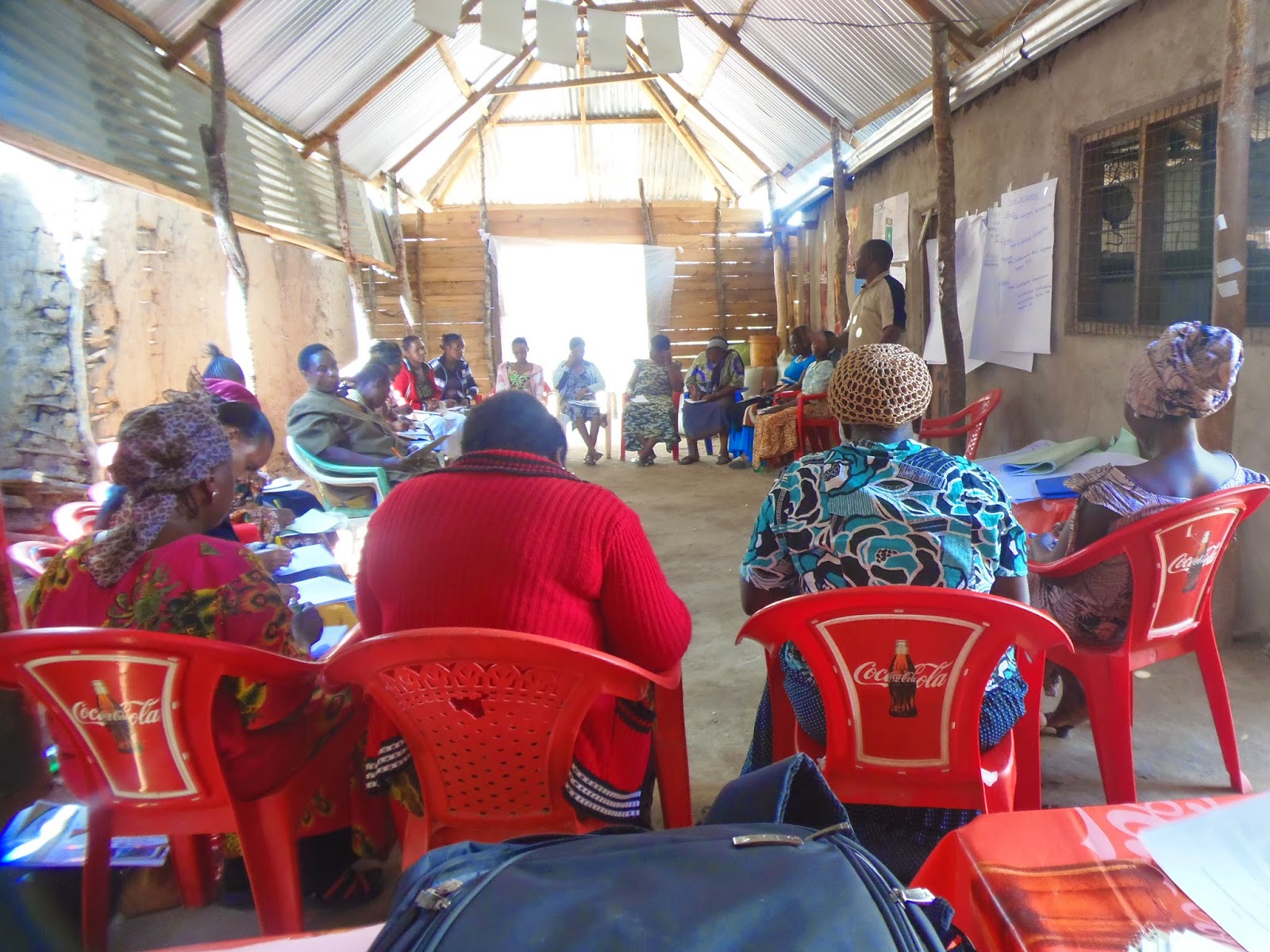Women in Mining communities face gender stereotypes, the packaging comes in different forms, whether as a joke, serious statements, practices towards them and so on. It does not matter how it is packaged, but stereotype is a stereotype, a worse form of gender based violence, acknowledged and accepted by communities. Here are the three very depressing and annoying kind of stereotypes that whether known as violence against women and violation of their basic human rights, they are degrading and dehumanize women work and living in mining areas in a way that not everybody can see how it affect them now.
1. You are a Woman, you can not Work Underground!
Yes, mining is a tough job! It requires muscles and strength. And yes, working underground can be dangerous and intimidating. But lets get the facts straight here! What makes the job done!... The hands! And what is the difference between men and Women..., the biological make ups, women having the women parts and men having the men parts, and their biological functions. It does not require the men parts to do mining and women parts not... which i mean to say, biological make up of women or men do not have anything whatsoever with activities they do, apart from the biological functions of their bodies - Reproduction.
Women should be left to decide what part of the mining activities they would like to undertake. Whether going underground, or doing administrative jobs or providing services, should be entirely free of their choices and will. This kind of statement is a patriarchal lie, created to scare women off the mining chain and benefit few.
2. Women Should Never go near Gold Mining Pits while on their Menstruation Period, because Gold Will Disappear.
What? Seriously? How in hell Women menstruation get in Gold geomorphology? It raises not only eye brows but the whole face! A lot of questions on this as this patriarchal lie is designed to exclude women from understanding the quantity and value of the minerals mined from the land. This statement/belief is designed to deepen the patriarchal lies that
women should be ashamed of their bodies and their state of healthy
monthly period is a bad luck.
Miners can be superstitious, using vodoo and Juju in their activities as they lack geological information and support from state to undertake professional mining. As a result, women bear the burden of try and error in ASM communities.
3. Women living and Working in Mining areas are Prostitutes.
The involvement of women in mining is mostly driven by poverty and mining is seem as a means of survival. In most cases, women in these areas are single and independent mothers, who came to mining areas as a result of either bad divorce, separation, early marriages or abandonment by their partners although, some of them are there as a matter of choice and mining is a means of economic activity which puts food on the table and children to school and roof over their head.. The first are the result of patriarchy system which devalue women on the basis of what they do.
I knowledge that there are sex commercial workers in the mining communities. But before pointing fingers, lets see the reason why they are there( Forget about the simple answers like, its their attitude, they are greed etc). Think about the system, the families they are coming from, economic set up on this country, exclusion from economic opportunities, etc.
You should also know that and sometime, sex work comes as a form of resistance to injustices.
Share any other kind of stereotypes you know
























